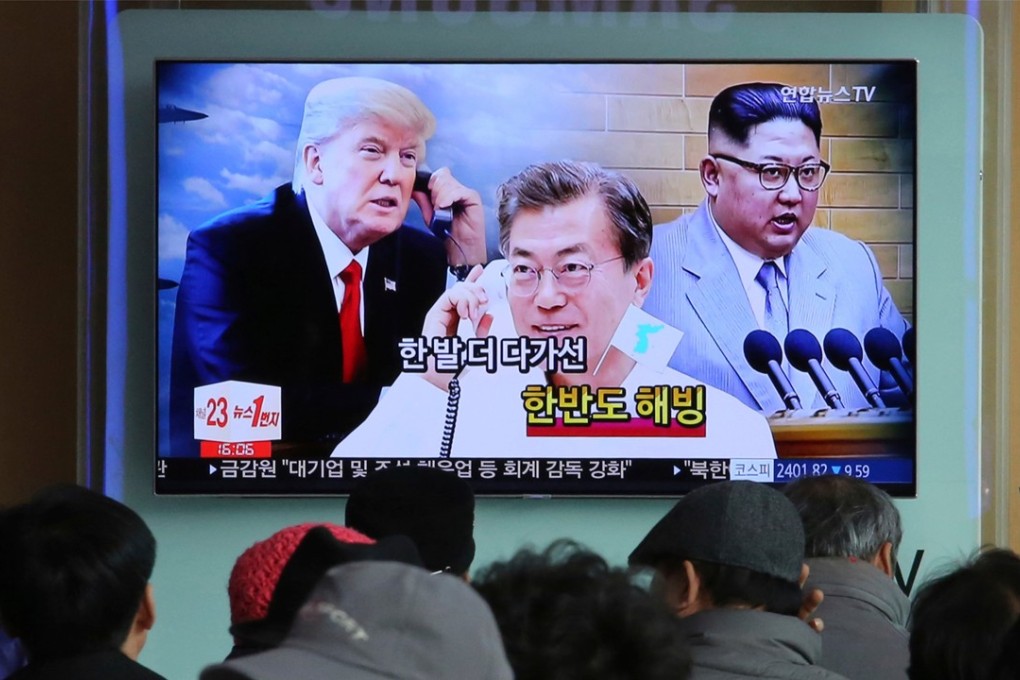China, US and South Korea must harmonise their North Korea strategies, or risk being outplayed by Kim Jong-un
Kristian McGuire says if the nuclear crisis is to be resolved, Beijing, Washington and Seoul must demonstrate a unity of purpose when negotiating with the North Korean leader. This cannot happen if one is trying to sideline another

Therefore, Washington, Beijing and Seoul would be wise to harmonise their North Korea strategies in preparation for drawn-out negotiations with the North, or, worse yet, a complete breakdown of the engagement efforts.
Failure to properly prepare for such eventualities will put the three parties in weak negotiating positions vis-à-vis Pyongyang and greatly diminish the odds of reaching a lasting settlement to the issue.
In contrast, Beijing’s North Korea strategy is risk-averse, limited in scope (Beijing prefers to only use economic and diplomatic sanctions approved by the UN Security Council to persuade Pyongyang to denuclearise), and emphasises engagement over pressure tactics.